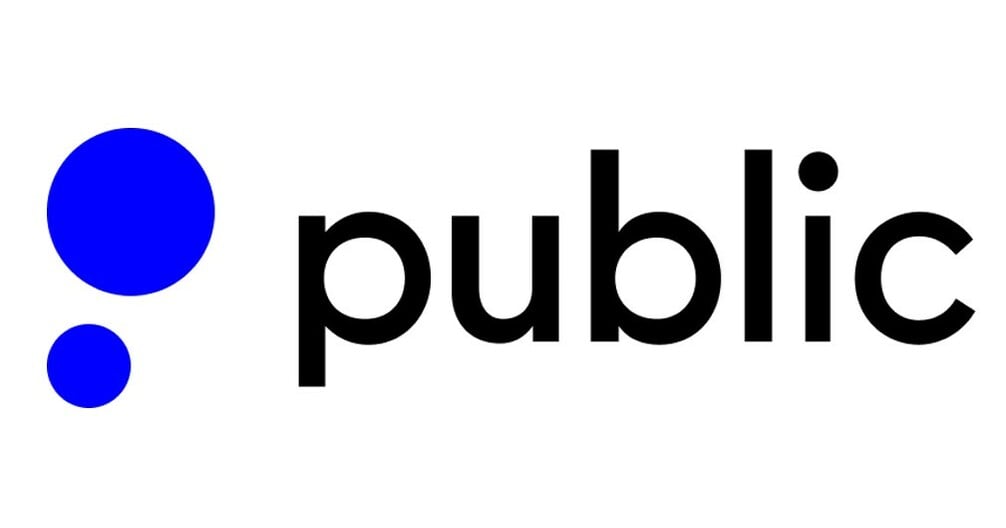
Brokerage Account Guide: Definition and How to Start Investing Today
A brokerage account is an investment account that lets you buy and sell various investments like stocks, bonds, mutual funds, and ETFs. Unlike retirement accounts, brokerage accounts have no contribution limits or withdrawal restrictions, but they don't offer the same tax advantages.
How Brokerage Accounts Work
You can open a brokerage account online with no initial deposit, though you'll need to fund it before making investments. The broker acts as an intermediary between you and your investments, but you maintain full ownership and control of your money and can sell investments at any time.

Schwab logo in black

Public investing app logo
Types of Brokerage Accounts
- Online Brokerage Accounts
- Self-directed investing
- Buy and sell investments through the broker's website
- Access to stocks, bonds, mutual funds, and ETFs
- Managed Brokerage Accounts
- Professional management by human advisors or robo-advisors
- Automated investment selection based on your goals
- Hands-off approach to investing
Tax Implications
- Investment gains are subject to capital gains tax
- Long-term gains (investments held over 1 year) typically have lower tax rates
- Short-term gains are taxed at your ordinary income rate
- Investment losses can offset gains for tax purposes
- Dividend income is taxable even when reinvested
Comparison with Retirement Accounts
Brokerage Accounts:
- No contribution limits
- Flexible withdrawals
- No tax advantages
- Suitable for short and long-term goals
IRAs and 401(k)s:
- Annual contribution limits
- Early withdrawal penalties
- Tax advantages (deductions or tax-free growth)
- Designed specifically for retirement
Opening and Funding Your Account
- Complete online application (15 minutes)
- Link your bank account
- Transfer funds
- Begin investing
- Consider whether you want margin trading capability
Withdrawing Money
- Sell investments first
- Wait one business day for trade settlement (T+1)
- Transfer funds to your bank account
- Process is faster with brokerages offering cash management services
For most investors, it's beneficial to have both retirement accounts and brokerage accounts as part of a comprehensive investment strategy. Start with retirement accounts if you're focusing on long-term savings, and add brokerage accounts for additional flexibility and short-term investment goals.
Related Articles

Filing Your Cryptocurrency and NFT Tax Returns: A Complete Guide

